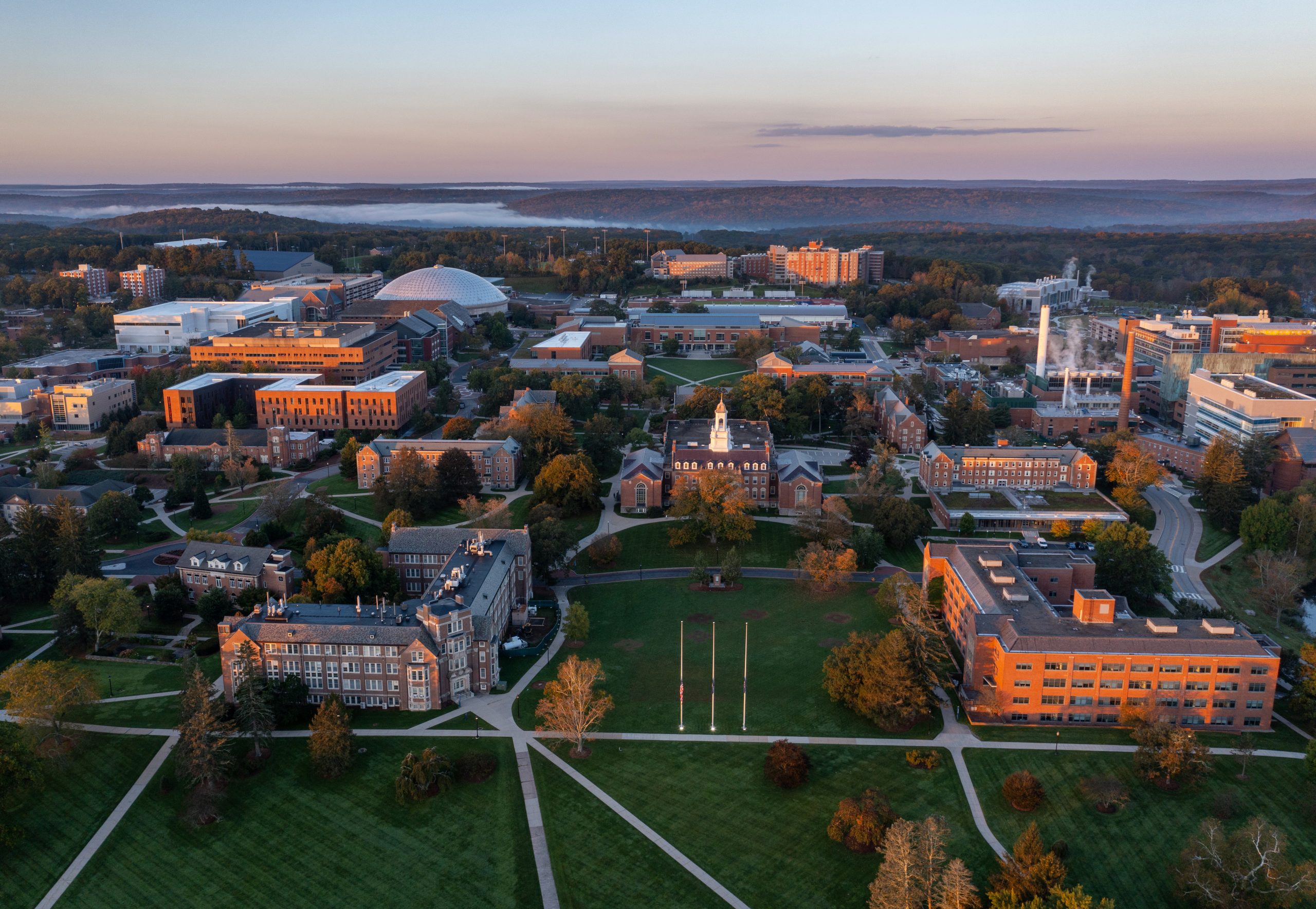Christine Rodriguez has spent much of her life being on the receiving end of inconsistent medical treatment, she says.
“I have received my fair share of discrimination within healthcare settings due to my identity or the various intersections I hold,” the UConn nursing graduate says.
For example, her status as a transgender woman has led people to assume that she was not a parent to her child, or that she and her female partner are not legal guardians to the child.
“In health care settings, there continues to exist these pre-conceived notions of what constitutes a family system,” she says.
As a practicing doctoral-prepared family nurse practitioner, she says she brings those experiences to her research.
Her research has established a training course to help healthcare providers understand and create a welcoming health care environment for transgender and gender nonconforming patients.
Funds provided by the Wood/Raith Gender Identity Living Trust have enabled Rodriguez and 36 other graduate student researchers to pursue research on topics of gender identity and gender perceptions.
The Trust, valued at $500,000, was given to UConn in 2016 as the estate of Audrey Wood, a 1947 College of Liberal Arts and Sciences graduate, and named for herself and her partner of more than 50 years, Edeltraut Raith.
Wood and Raith met at the University of Southern California in their Library Sciences graduate program. Wood spent her career in the California Library System, where she spent 17 years as a children’s librarian.
“A gift like this has the potential to change UConn’s place in the field of gender identity research,” says Vicki Magley, professor of psychological sciences and co-chair of the committee that oversees the fund.
“Research on gender issues and gender identity are happening in so many areas at the University, and this funding is an incredible opportunity to bring them all together.”
The fund has awarded summer research fellowships of $4,000 to students in the UConn Departments of Anthropology, Art and Art History, English, Geography, Human Development and Family Sciences, Literatures, Cultures and Languages, Nursing, Political Science, Psychological Sciences, Public Health and Sociology.
“The work these students are doing is so varied – some is domestic, some is international, and it ranges from reviewing works of art and museum collections to collecting data and publishing articles,” says Kim Price-Glynn, professor of sociology and co-chair of the fund’s committee.
Rodriguez’s work has tested the effectiveness of a new program she developed, called The Affirmative Care Program, an evidence-based educational program aimed at helping healthcare professionals understand the importance of cultural sensitivity in their practice.
“Providers go through an in-depth immersion into LGBTQIA+ terminology, healthcare disparities, the importance of creating a welcoming and affirming environment, taking a full LGBTQIA+ physical and sexual history, and also conducting an inclusive and affirming physical exam,” explains Rodriguez.
These trainings are effective in increasing the number of health care professionals with competency when dealing specifically with members of the LGBTQIA+ community, she adds.
Over the long term, the program can positively affect the medical experiences of members of the LGBTQIA+ community, and ultimately reduce the health disparities often seen among this group.
“As a member of the LGBTQIA+ community, the fellowship allowed me to advocate for the needs of my community,” says Rodriguez.
Examples of past funded studies include parental behavior and its effects on Chinese adolescents’ mental health; inferences on gender in archaeological contexts using ancient DNA; sexual assault and victim-blaming on college campuses; and gender analysis in contemporary women’s filmmaking.
The committee that oversees the fund has convened all its fellowship recipients in interdisciplinary roundtable discussions in the fall semester. This semester’s cohort has 12 students.
“It’s been a godsend for these students, to be able to further their research in a difficult time,” says Magley.
Rodriguez hopes her work and that of the others in her cohort will not only further the needs of her community, but serve as an affirmation to them.
“Attaining the fellowship displays a sense of hope to my community – that we are leaders and can create the change we wish to exist in the world we live in,” she says.


